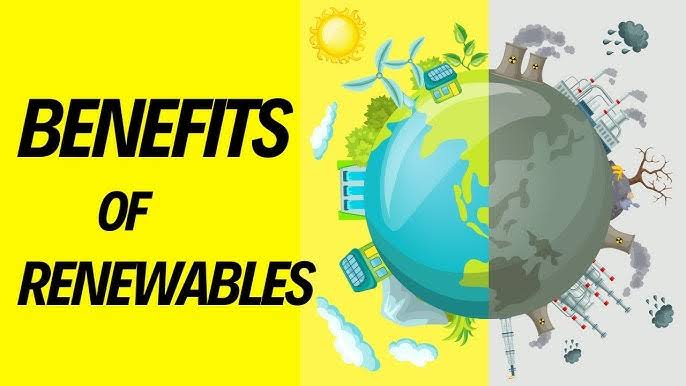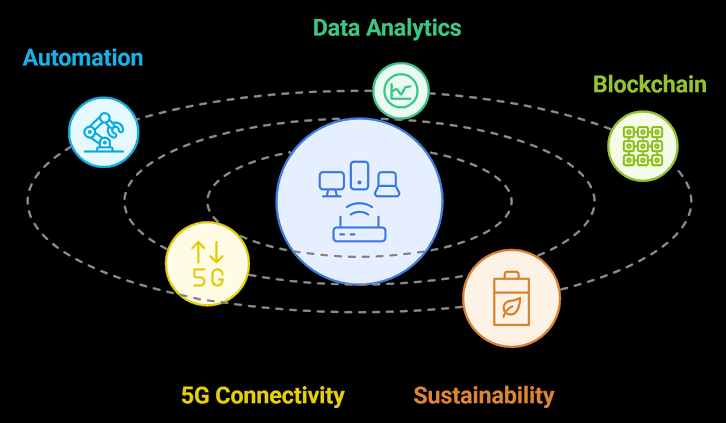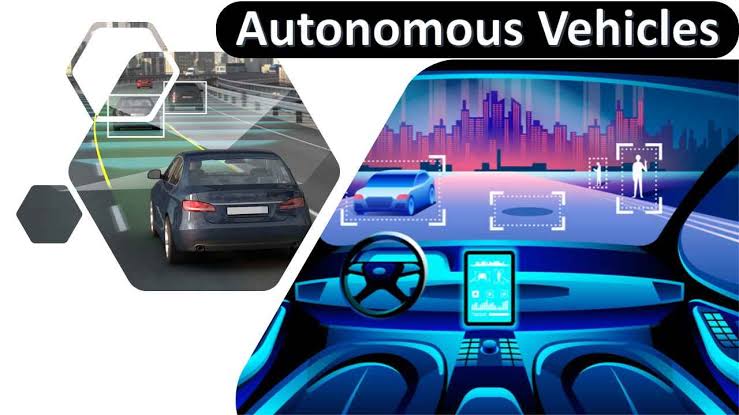The global shift towards renewable energy is no longer just an environmental choice; it has become an economic, social, and political necessity. As climate change intensifies, the demand for cleaner and more sustainable energy sources continues to grow. Renewable energy sources such as solar, wind, hydro, geothermal, and biomass are transforming the way we produce and consume power, offering numerous benefits that go beyond environmental conservation. Their adoption is reshaping economies, creating jobs, reducing dependence on fossil fuels, and contributing to global stability.
Environmental Preservation and Climate Change Mitigation
One of the most significant advantages of renewable energy is its role in combating climate change. Unlike fossil fuels, renewable energy sources produce little to no greenhouse gas emissions during operation. This drastically reduces the carbon footprint and slows down global warming.
By replacing coal, oil, and natural gas with renewable alternatives, countries can significantly cut the release of harmful pollutants such as carbon dioxide, methane, and nitrogen oxides. This reduction not only benefits the atmosphere but also improves the health of ecosystems, protects biodiversity, and prevents further environmental degradation.
Furthermore, renewable energy plays a key role in meeting international climate goals, such as those outlined in the Paris Agreement. Transitioning to cleaner energy is essential for keeping global temperature rise below critical thresholds and avoiding catastrophic environmental consequences.
Energy Independence and Security
Renewable energy can significantly enhance energy independence for countries. Traditional fossil fuels are often imported, leaving nations vulnerable to price fluctuations and geopolitical tensions. By investing in local renewable resources, countries reduce their reliance on foreign oil and gas, creating a more secure and resilient energy supply.
Solar farms, wind turbines, and hydroelectric plants can be developed domestically, harnessing resources that are naturally abundant in each region. This self-reliance not only strengthens national security but also shields economies from energy price volatility caused by global market disruptions.
Economic Growth and Job Creation
The renewable energy sector has emerged as a major driver of economic growth. The installation, maintenance, and operation of renewable energy projects generate employment opportunities in various fields, from engineering and construction to research and technology development.
Countries investing heavily in renewables are witnessing the creation of thousands of jobs, both skilled and unskilled. These jobs often offer long-term stability since renewable energy infrastructure requires regular operation and maintenance. Additionally, the rise of green industries fosters innovation, attracting investments and stimulating local economies.
The manufacturing of solar panels, wind turbines, and energy storage systems also contributes to industrial growth, making renewable energy a key player in building sustainable economic systems.
Public Health Improvements
Fossil fuel combustion is a leading cause of air pollution, which contributes to respiratory illnesses, heart disease, and premature deaths. By transitioning to renewable energy, air quality can improve drastically, leading to significant public health benefits.
Cleaner air reduces the burden on healthcare systems and lowers medical costs associated with pollution-related illnesses. Communities located near coal plants or oil refineries often suffer from high pollution levels; renewable energy projects can help eliminate these health hazards, improving quality of life for millions worldwide.
Technological Advancements and Innovation
The rapid expansion of renewable energy is driving innovation in energy storage, smart grids, and efficiency technologies. As solar and wind power depend on weather conditions, energy storage solutions such as advanced batteries are becoming essential for ensuring a stable supply.
These advancements are not only making renewable energy more reliable but also opening up opportunities for further technological progress. Smart grid systems can better manage electricity distribution, reduce waste, and allow consumers to monitor and optimize their energy usage.
As innovation continues, renewable energy is becoming more cost-effective, making it increasingly accessible to individuals, businesses, and governments.
Reduction of Greenhouse Gas Emissions from Transport and Industry
Renewable energy is also transforming industries and transportation systems. Electric vehicles powered by renewable energy sources can drastically cut emissions from the transportation sector, which is one of the largest contributors to global greenhouse gases.
Similarly, renewable energy can power industrial operations, reducing their dependence on fossil fuels. Green hydrogen, produced using renewable electricity, is emerging as a clean alternative for heavy industries like steel and cement production. This integration of renewables into multiple sectors is crucial for achieving comprehensive carbon reduction.
Community Development and Rural Electrification
Renewable energy projects can provide electricity to remote and rural areas where extending traditional power grids is difficult and costly. Solar panels, small-scale wind turbines, and micro-hydro systems can bring reliable power to communities previously left in the dark.
Access to electricity improves education, healthcare, and economic opportunities in underserved regions. By enabling local development, renewable energy supports poverty reduction and improves living standards.
Long-Term Cost Savings
While the initial investment in renewable energy infrastructure can be high, the long-term costs are often much lower than those of fossil fuel systems. Renewable resources like sunlight and wind are free, and the operational expenses of renewable energy plants are significantly lower compared to traditional power plants.
Over time, these savings benefit consumers, businesses, and governments, making renewables not only environmentally sound but also financially smart. As technology continues to improve, installation costs are dropping, making renewable energy more affordable than ever.
Contribution to a Sustainable Future
Ultimately, renewable energy is a cornerstone of a sustainable global future. It addresses the urgent need to reduce environmental damage, supports economic resilience, and promotes social well-being. By shifting toward clean, inexhaustible energy sources, humanity can meet present needs without compromising the ability of future generations to meet theirs.
The adoption of renewable energy is more than just a trend; it is a necessity for survival and prosperity in the 21st century. Nations, businesses, and individuals all have a role to play in accelerating this transition. The sooner renewable energy becomes the global standard, the better equipped the world will be to face environmental, economic, and societal challenges.



